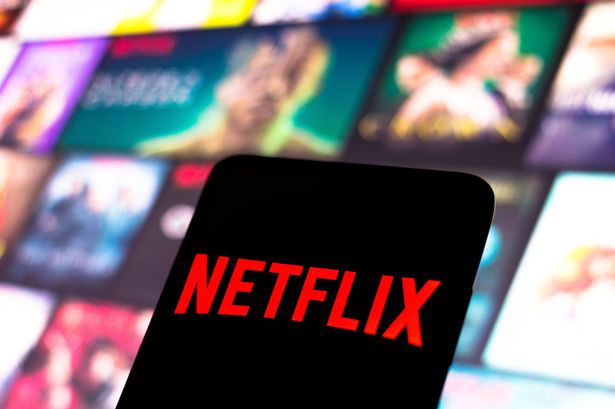The seemingly innocuous act of streaming Netflix, a platform synonymous with on-demand entertainment and binge-watching, carries a hidden caveat for UK viewers: the necessity of a television licence. While many associate this licence solely with traditional broadcast television, the regulations extend to any device used to watch or record live television broadcasts, regardless of the platform. This includes streaming services like Netflix if they are used to access live content, such as sporting events or news broadcasts aired simultaneously on traditional television channels. Failing to possess a valid television licence while engaging with such content can result in a hefty penalty of up to £1,000, a surprising and often overlooked cost that can significantly add to the seemingly straightforward expense of a Netflix subscription. This legal requirement, rooted in the funding model for public service broadcasting, underscores the complex interplay between traditional television regulations and the evolving landscape of online streaming.
The confusion surrounding the television licence requirement for Netflix arises from the multifaceted nature of the platform’s content. While the vast majority of Netflix’s library consists of on-demand films, series, and documentaries, the platform has increasingly ventured into live broadcasts, particularly in the realm of sports and news. These live streams, often simultaneously aired on traditional television channels, fall under the purview of the television licensing regulations. This means that while viewers can freely indulge in the pre-recorded content without a licence, accessing these live broadcasts necessitates a valid licence, regardless of whether they are accessed through a traditional television set, a computer, a smartphone, or any other device capable of streaming. The crucial distinction lies not in the platform used, but in the nature of the content being accessed: live versus on-demand.
The rationale behind the television licence fee lies in its role as the primary funding mechanism for the BBC, the UK’s public service broadcaster. The revenue generated from these licences supports the creation and distribution of a diverse range of programming, including news, documentaries, educational content, and entertainment. This funding model aims to ensure the provision of high-quality, impartial, and accessible programming for the entire nation, irrespective of individual subscription preferences. The BBC’s public service remit encompasses a broad spectrum of societal needs, from informing the public on current events to fostering cultural understanding and promoting educational initiatives. The licence fee, therefore, underpins the BBC’s ability to fulfill this expansive mandate and serve as a cornerstone of British broadcasting.
The legal framework governing television licensing is enshrined in the Communications Act 2003, which stipulates the requirement for a licence to watch or record live television broadcasts, regardless of the platform or device used. This legislation predates the widespread adoption of streaming services like Netflix, but its broad scope encompasses these newer technologies. The definition of “television” within the Act extends beyond traditional television sets to include any device capable of receiving a television signal, whether through an aerial, cable, satellite, or internet connection. Consequently, streaming live television content on Netflix, even if accessed through a laptop or smartphone, still falls within the legal definition and necessitates a valid television licence. This underscores the importance of understanding the legal parameters surrounding television licensing, even in the context of modern streaming platforms.
The potential consequences of watching live television on Netflix without a valid licence can be significant. TV Licensing, the organization responsible for enforcing the regulations, has the authority to investigate suspected breaches and issue penalties. These investigations can involve various methods, including detector vans equipped to identify properties receiving television signals, as well as data-matching exercises with subscriber databases. If found in violation of the licensing requirements, individuals can face a fine of up to £1,000, a substantial sum that underscores the seriousness of the offence. Furthermore, a criminal record can result from non-payment of the fine, adding further weight to the importance of complying with the licensing regulations.
In conclusion, while Netflix offers a vast library of on-demand content accessible without a television licence, the requirement for a licence becomes applicable when streaming live broadcasts, such as sporting events or news programs aired simultaneously on traditional television channels. This nuance in the regulations often leads to confusion, particularly among those accustomed to viewing Netflix primarily as an on-demand platform. The legal basis for this requirement stems from the Communications Act 2003, which defines “television” broadly to encompass any device receiving a television signal, irrespective of the transmission medium. The potential penalties for non-compliance are substantial, highlighting the importance of understanding and adhering to the licensing regulations, even in the rapidly evolving landscape of online streaming. Therefore, while a Netflix subscription provides access to a wealth of entertainment, it is crucial to remember that a television licence remains a prerequisite for legally accessing live television broadcasts on the platform, ensuring compliance with the law and avoiding potential penalties.














